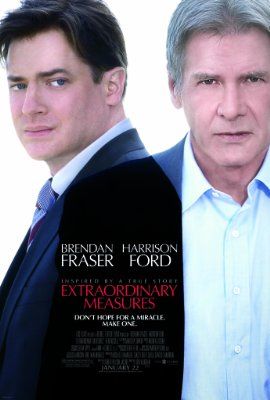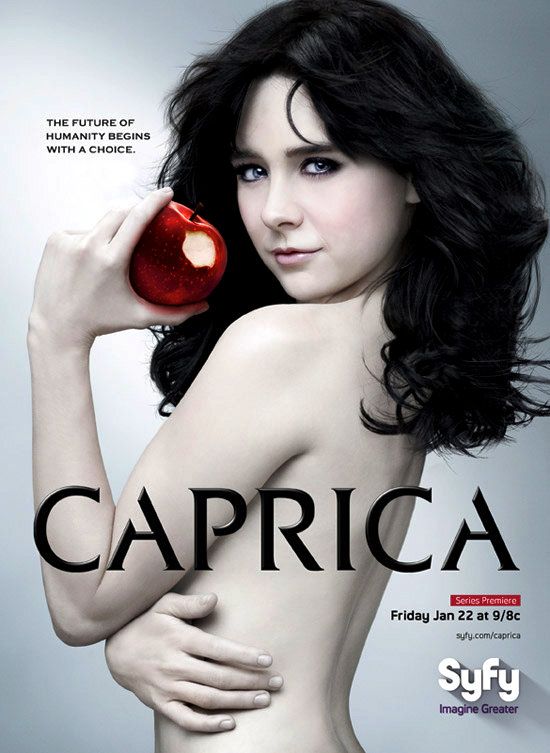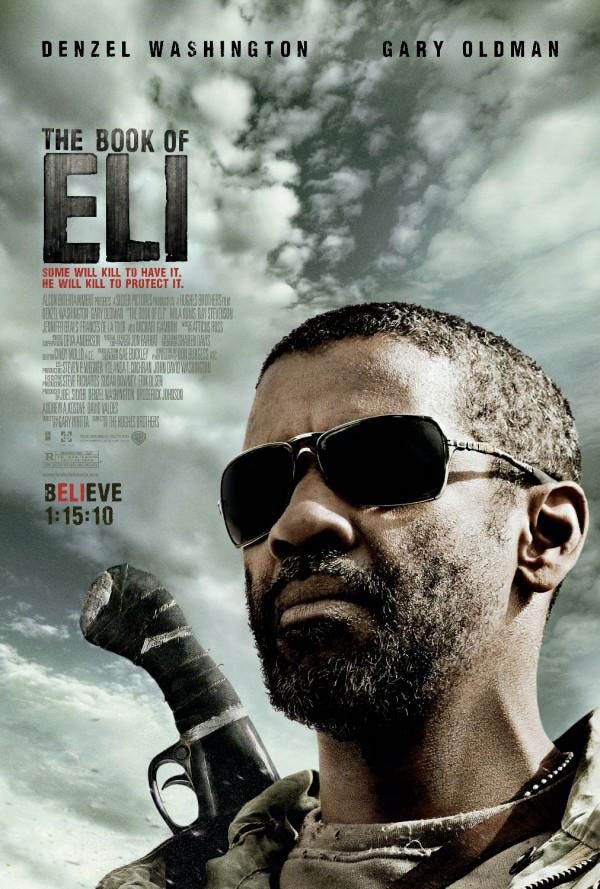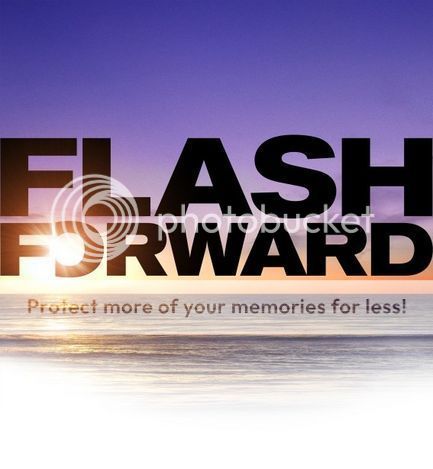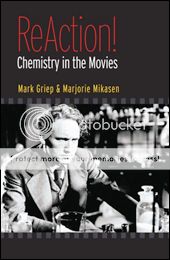
During a recent trip to New York City, I had the pleasure of befriending exciting new author Ernesto Robles, whose debut novel The Malthusian Catastrophe is a ScriptPhD.com recommended pick. Smart, topical, fast-paced and decidedly engrossing, this biomedical thriller drives at the roots of our cultural obsession with the “fountain of youth” and the perilous socioeconomic repercussions of actually finding and disseminating it. In a year when the Nobel Prize for Medicine and Physiology went to a team of researchers for their discovery of how chromosomes are protected by telomeres and the enzyme telomerase, essential biological components of the human aging machinery, and a cultural era that has anointed juvenescence as sacrosanct, Malthusian’s overarching themes are especially germane. ScriptPhD.com’s discussion includes a review of the book, the biology and ethics of current aging research, and a one-on-one interview with Mr. Robles. For full content, please click “continue reading.”
Continue reading Forever Young: Living in an Age of Agelessness

